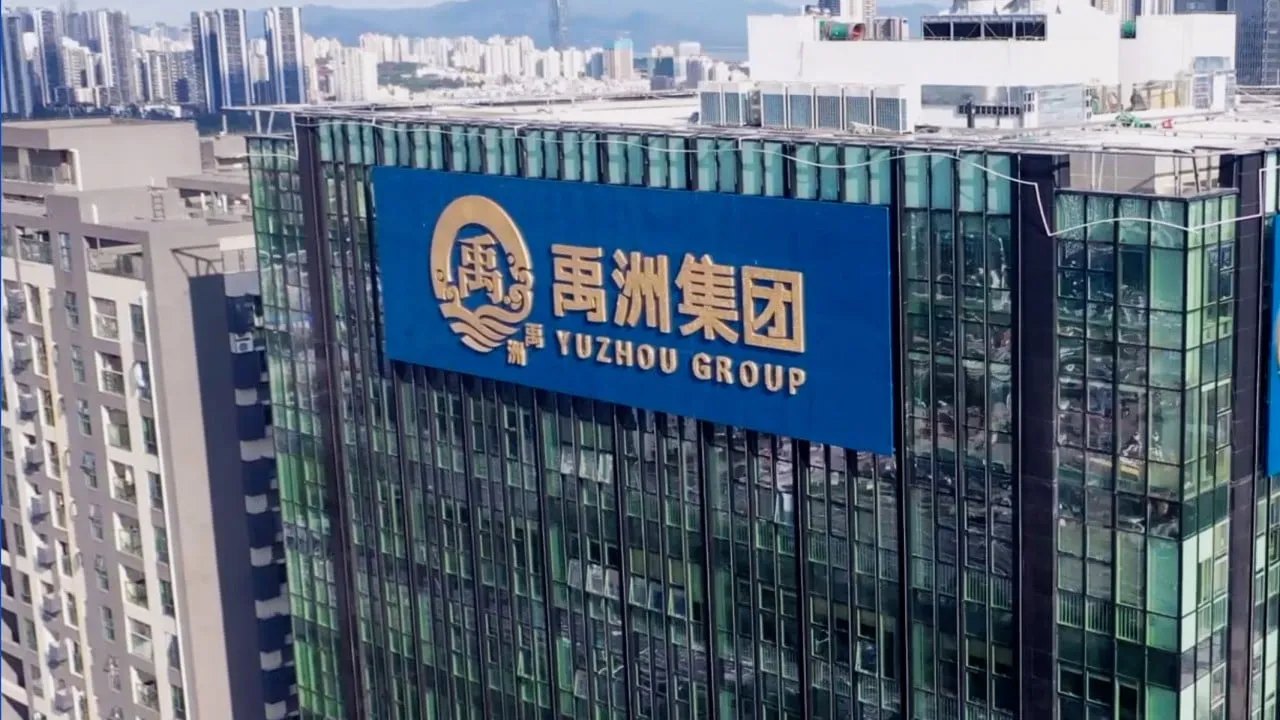Yuzhou Group Holdings Pursues US Court Recognition in Chapter 15 Bankruptcy for Offshore Debt Restructuring

Yuzhou Group's Challenge in US Courts
Yuzhou Group Holdings filed for Chapter 15 bankruptcy on Thursday in New York. This move allows the defaulted property developer to seek US court recognition for its offshore debt restructuring and fend off litigation. The Shenzhen-based builder has failed to pay US$2.9 billion in defaulted dollar notes as of the end of 2023, while undergoing a restructuring procedure in Hong Kong and the Cayman Islands.
Understanding Chapter 15 Bankruptcy
- Chapter 15 is a legal mechanism for US courts to recognize the effectiveness of foreign restructuring.
- Yuzhou joins other developers like Sunac China Holdings and China Aoyuan Group utilizing this system.
- Liabilities often include US-law governed bonds, which might not require tangible US assets.
Upcoming Scheme Meetings and Options for Creditors
The company received court orders in Hong Kong and Cayman Islands in August to vote on its debt overhaul plan. Scheme meetings are scheduled for September 12, crucial for creditors to vote on the restructuring. Yuzhou's total interest-bearing liabilities amount to approximately US$6.8 billion in offshore markets and 12.31 billion yuan (US$1.7 billion) in onshore markets.
In August 2023, Yuzhou proposed three options for its creditors:
- Exchange existing notes for new notes with short-term maturity.
- Receive medium-term notes, newly issued ordinary shares, and long-term notes.
- Swap notes for long-term, zero-interest notes with the outstanding principal unchanged.
The company believes successful implementation of this plan will help restore its capital structure, ensuring its business continues as a going concern.
Regulatory Environment and Market Context
China's leverage caps on highly indebted developers, introduced in August 2020, have created systemic risk and shut many developers out of funding markets. Recent reports highlight the disappointing progress in stabilizing China's property market, prompting officials to shift focus towards expanding sales of fully finished homes.
This article was prepared using information from open sources in accordance with the principles of Ethical Policy. The editorial team is not responsible for absolute accuracy, as it relies on data from the sources referenced.